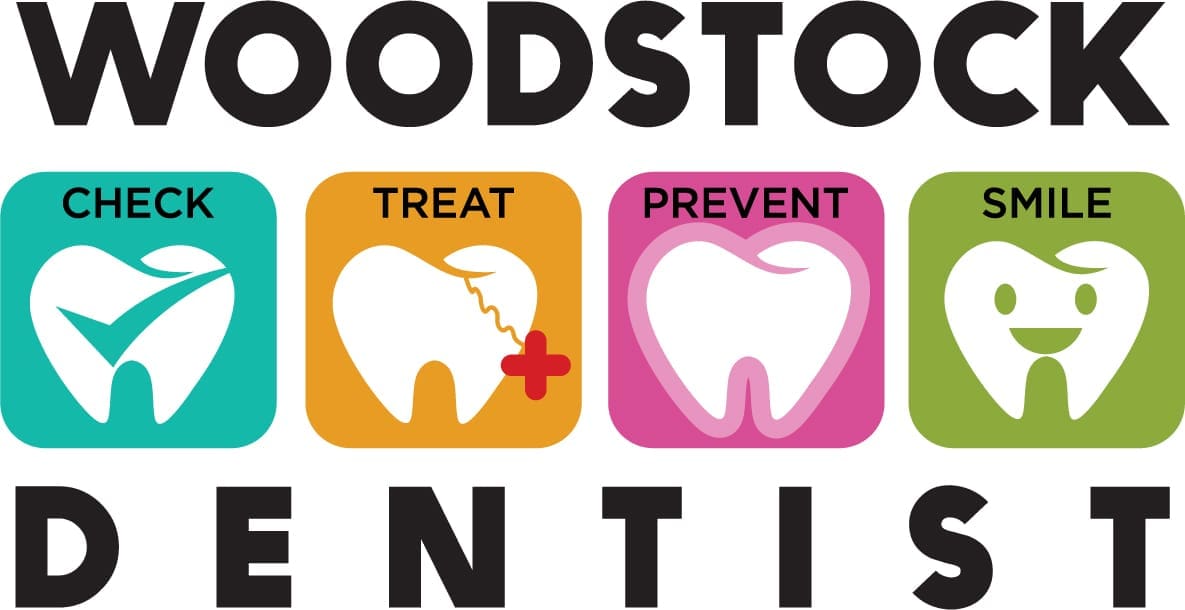Have you ever wondered what steps to take for effective dental trauma treatment to save your smile? Dental trauma treatment involves immediate and appropriate actions to address injuries to the teeth and surrounding tissues, ensuring the best possible outcome for your dental health.
Dental Trauma Treatment: Types of Dental Trauma
Dental trauma treatment is essential for addressing various types of dental injuries that can occur due to accidents, sports activities, or unexpected impacts. Understanding the different types of dental trauma can help you act quickly and effectively to minimize damage and improve the chances of saving your smile. Common types of dental trauma include chipped teeth, cracked teeth, knocked-out teeth, and tooth fractures. Each type requires specific attention and care to ensure proper healing and restoration.
Chipped teeth may involve minor enamel damage, while cracked teeth can extend deeper into the tooth structure, potentially affecting the pulp. Knocked-out teeth, also known as avulsed teeth, require immediate action to increase the likelihood of successful reimplantation. Tooth fractures can vary in severity, from minor cracks to significant breaks that expose the inner layers of the tooth. For more detailed information on handling a cracked tooth, visit our page on Cracked Tooth Repair: Restore Your Tooth with Expert Care.
Immediate Actions to Take
When faced with dental trauma, acting swiftly can make a significant difference in the outcome of your dental health. The first moments following an injury are crucial, and knowing what to do can help preserve your smile. Dental trauma treatment often requires immediate attention to prevent further complications and ensure the best possible recovery.
In cases of dental emergencies, it’s essential to seek professional help as soon as possible. Quick intervention can mitigate damage and improve the chances of saving your teeth. For those in need of urgent care, our Urgent Dental Services Woodstock is available to provide the necessary assistance during these critical times.
Assessing the Damage
When faced with a dental emergency, understanding the extent of the injury is crucial for effective dental trauma treatment. Whether it’s a chipped tooth, a knocked-out tooth, or any other form of dental injury, a thorough assessment can help determine the severity and necessary steps to take. Identifying visible signs such as bleeding, swelling, or misalignment can provide valuable information about the nature of the trauma. By accurately assessing the damage, you can better understand the urgency and type of care required to address the dental issue effectively.
When to Seek Help
Dental trauma treatment is crucial when you experience any injury to your teeth, gums, or mouth. It’s important to seek professional help immediately if you notice severe pain, bleeding, or a knocked-out tooth. Delaying treatment can lead to complications and affect your overall oral health. If you’re in the area and need assistance, consider visiting a Woodstock Dentist for prompt care.
Handling Knocked-Out Teeth
When it comes to dental trauma treatment, one of the most urgent situations is dealing with a knocked-out tooth. This type of injury can be alarming, but understanding the basics of how to handle it can make a significant difference in the outcome. Immediate action is crucial to increase the chances of saving the tooth and ensuring long-term oral health. Whether it’s due to an accident or a sports injury, knowing the importance of prompt dental trauma treatment can help preserve your smile and prevent further complications.
Managing Chipped Teeth
When it comes to dental trauma treatment, managing chipped teeth promptly can make a significant difference in preserving your smile. If you experience a chipped tooth, rinse your mouth with warm water to clean the area and apply a cold compress to reduce swelling. It’s crucial to see your dentist as soon as possible for professional dental trauma treatment. Your dentist may smooth out the chip or use a filling material to restore the tooth’s appearance and function. In more severe cases, a crown or veneer might be necessary. Acting quickly ensures the best outcome and helps prevent further complications.
Dealing with Tooth Fractures
When it comes to dental trauma treatment, acting swiftly is crucial, especially in the case of tooth fractures. If you experience a fractured tooth, rinse your mouth with warm water to clean the area and apply a cold compress to reduce swelling. It’s essential to see a dentist immediately to assess the damage and determine the best course of action. Depending on the severity of the fracture, treatments can range from bonding and crowns to root canals or even extractions. Prompt dental trauma treatment can significantly increase the chances of saving your tooth and maintaining your smile.
Preventing Further Injury
When it comes to dental trauma treatment, acting swiftly is crucial, but preventing further injury is equally important. Immediately after an incident, avoid touching or moving the affected tooth or teeth. If a tooth has been knocked out, handle it by the crown and avoid touching the root. Rinse your mouth gently with warm water to clear any debris, but refrain from using any harsh chemicals or mouthwashes. Applying a cold compress to the outside of your mouth can help reduce swelling and pain. By taking these steps, you can minimize additional damage and improve the chances of a successful dental trauma treatment.
Long-Term Care Considerations
When it comes to dental trauma treatment, addressing the immediate injury is just the first step. Long-term care considerations are crucial for ensuring the health and functionality of your teeth and gums. Regular follow-up appointments with your dentist are essential to monitor healing and prevent complications such as infections or misalignment. Additionally, maintaining excellent oral hygiene and possibly incorporating specialized dental products can help in the recovery process. In some cases, orthodontic treatment or restorative procedures like crowns or implants may be necessary to fully restore your smile. By focusing on comprehensive dental trauma treatment, you can safeguard your oral health for years to come.
Conclusion
Dental trauma treatment is crucial for preserving your smile. For immediate assistance, call 678-483-5999 or check out our Google Maps reviews.






